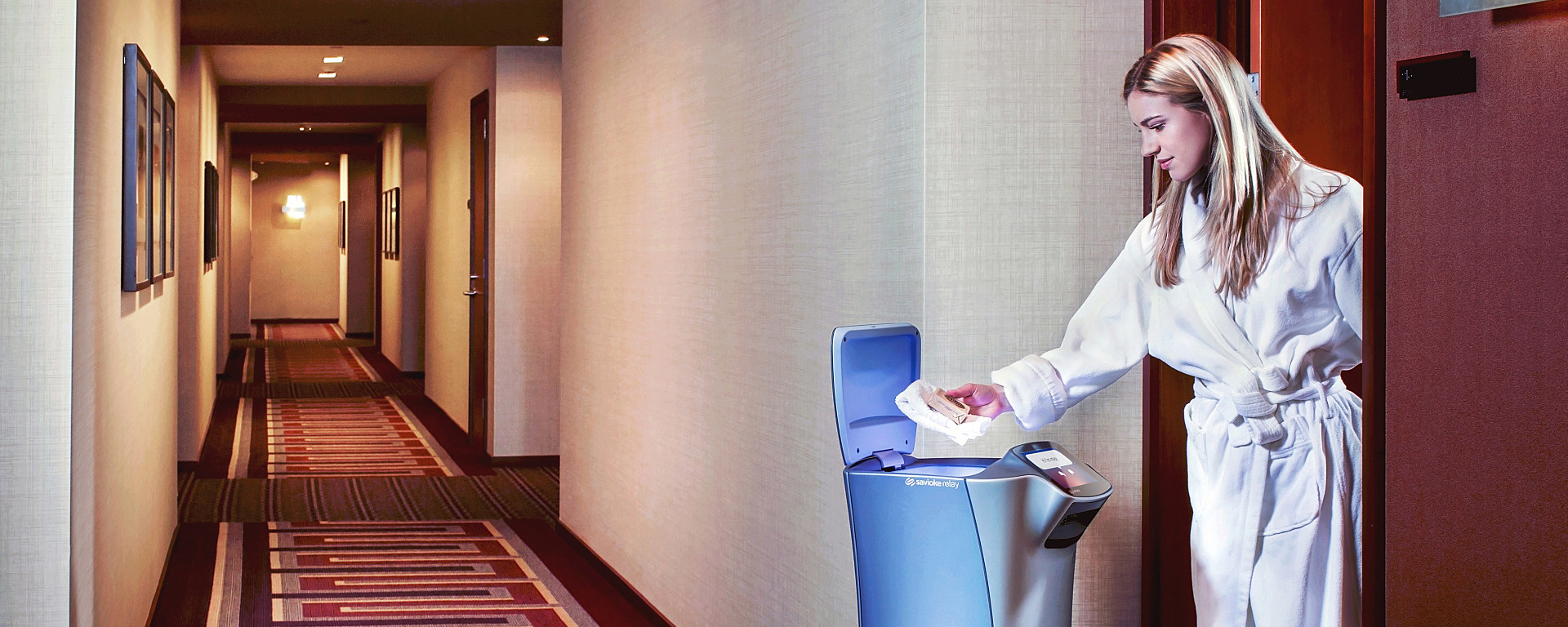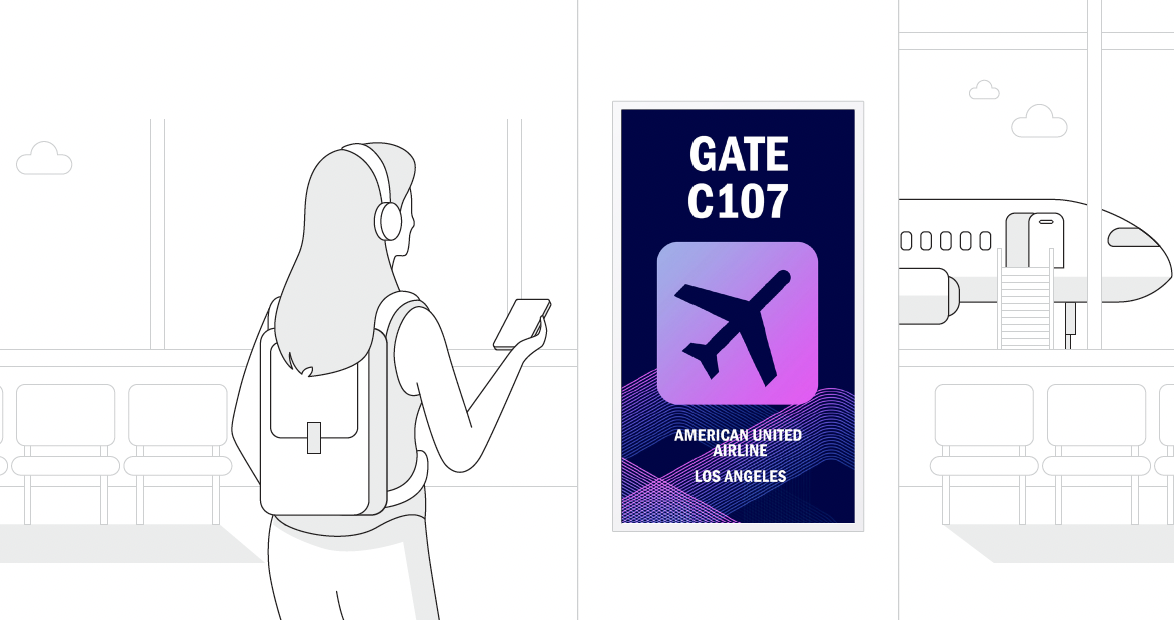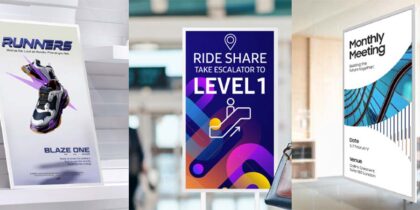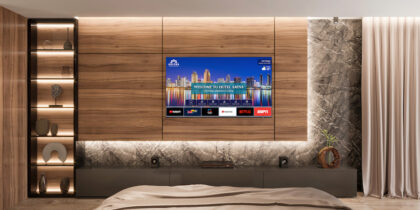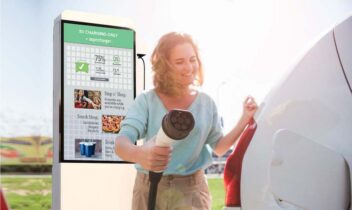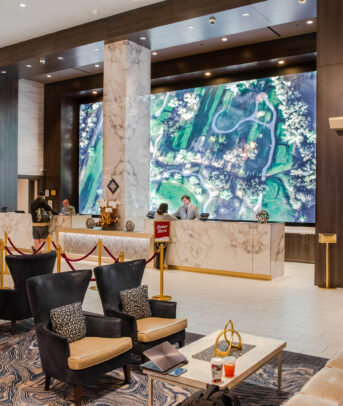The guest in Room 435 forgot his toothpaste. Or the couple at 342 wants to order room service. Instead of having to send a hotel employee or making the guest traipse to the lobby, the LA Times recently reported, guests at select Silicon Valley hotels are now treated to robot customer service. Although Savioke, a robot manufacturing startup in Santa Clara, Calif., calls the robot Relay, hotels are coming up with their own creative names including Wally, Dash and Botlr. Employees report that guests love the robots and that the hotel social media feed is full of guests posing with the robots in service. But is this a positive trend for the hotel industry?
Challenge Integrating Robotics With Personal Touch
Hotels are integrating technology into the customer experience at a breathtaking speed — from checking in with a tablet, using smartphones to unlock hotel rooms and controlling lights and televisions from mobile devices. In many ways using a robot for delivery is a natural progression of this trend. With hotels competing for the “wow” factor, technology such as robotics delights guests with high-tech expectations. With so much noise on social media, it also gives guests something new to talk about. Since taking your photo with a robot is a novelty and social media posts with photos have high share rates, this is an especially effective way to increase your hotel’s social media presence.
However, there is a common concern that all of this technology is too much. With guests using mobile check-in, ordering dinner from a tablet and checking out from their smartphones, the day may come when they never see a hotel employee. While robotics may save costs and be a perk for some guests, not everyone agrees that this is a positive step for all hotels. Since millennials are more embracing of technology than other age groups, hotels catering to this demographic may find that they can incorporate more new technology than destinations with a higher percentage of retiree guests. The question is when does technology help guests, and when does it render a previously personal experience cold and impersonal?
Increases Staff’s Ability to Provide Personalization
Technology is a benefit when it allows the staff more time to provide personalized services to guests. By progressing toward hotel automation without sacrificing human interaction, staff can now spend more time creating unique experiences for each guest based on their personal preferences, such as advising them on where to eat. Meanwhile, robots can focus on tasks better suited to their abilities, such as delivering items — humans may go to the wrong room or even bring the wrong item, but robots are less likely to make that mistake. By carefully weighing the benefits and the shortfalls of robot customer service against their target demographics, hotels can leverage technology to create a more personalized experience for each and every guest.
Learn more about how to invest in hospitality technology to enhance your guests’ experience.
